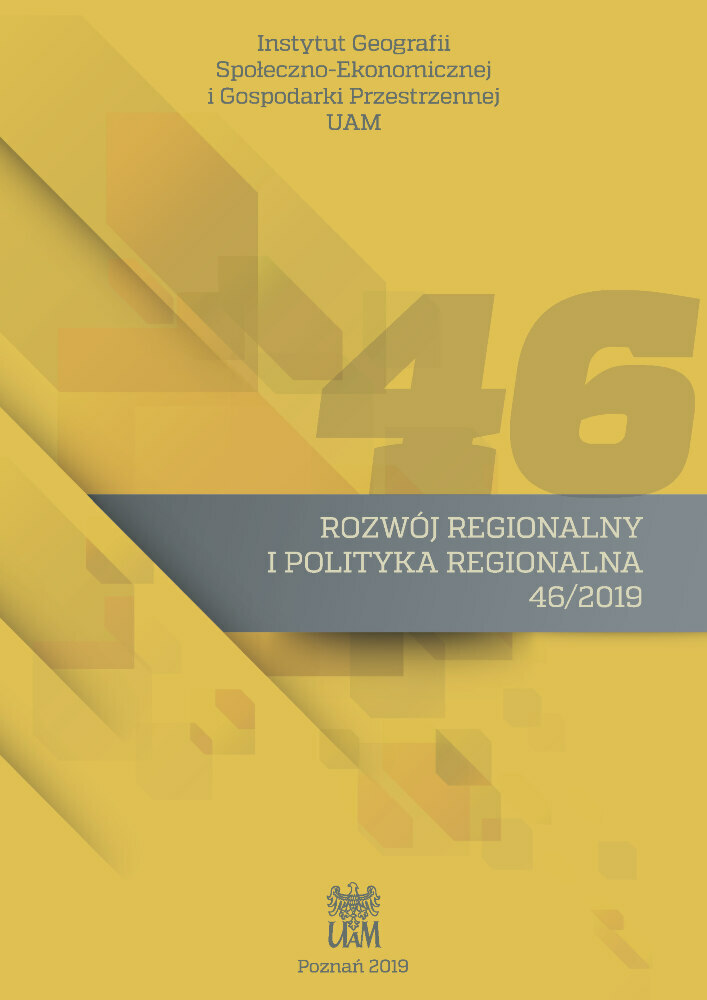Abstract
The article aims to present the general principles of conducting participatory action research. It outlines the twofold history of PAR, resulting in two distinct philosophies and research practices. I discuss the specificity of PAR research process and the nature of relations between researcher and research participants. I also address the paradigmatic non-obviousness of PAR that leads to a series of significant methodological and ethical dilemmas. Most importantly, they stem from the plethora of names used to describe the method and – consequently – to define its purpose and form, especially when it comes to the role of participation. The importance of participation in PAR and its influence on the research practice are discussed in the final part of the article, offering – alongside description of the title method – a pretext for a further discussion on conditions and consequences of its implementation.
References
Fuller D., Kitchin R. 2004. Radical theory/critical praxis: academic geography beyond the academy? [W:] D. Fuller, R. Kitchin (red.), Radical theory/critical praxis: academic geography beyond the academy? Praxis (e)Press,Vernon and Victoria, s. 1–20.
Burawoy M. 2005. 2004 Presidential Address: for Public Sociology. American Sociological Review, 70, 1: 4–28.
Szołucha A. 2012. „Bądź zmianą, której chcesz doświadczyć”. Wstęp do Participatory Action Research. [W:] M. Trawińska, M. Maciejewska (red.), Uniwersytet i emancypacja. Wiedza jako działanie polityczne, działanie polityczne jako wiedza. Interdyscyplinarna Grupa Gender Studies, Wrocław, s. 111–127.
Theiss M. 2009. Participative Action Resarch. O roli „partycypacyjnych badań w działaniu” w polityce społecznej. Problemy Polityki Społecznej, Studia i Dyskusje, 11: 65–85.
Freire P. 1972. Pedagogy of the Opressed. Penguinn Books, London.
Fals-Borda O., Anisur Rahman M. 1991. Action and knowledge. Breaking the monopoly with participatory action research. Apex Press, New York.
Maguire P. 1987. Doing Participatory Research. A Feminist Approach. University of Massachusetts Press, Amherst.
Cahill C. 2007. Doing Research with Young People: Participatory Research and the Rituals of Collective Work. Children’s Geographies, 5, 3: 297–312.
Reason P., Bradbury H. (red.) 2008. The SAGE Handbook of Action Research. Participative Inquiry and Practice. Second Edition: Sage, London.
Kindon S., Pain R., Kesby M. (red.) 2007. Participatory Action Research Approaches and Methods. Connecting people, participation and place. Routledge, New York.
Whyte W., Greenwood D., Lazes P. 1991. Participatory Action Research. Sage, Newbury Park.
Stringer E.T. 1999. Action Research. Second Edition. Sage, Thousand Oaks, CA.
Denscombe M. 2010. The Good Research Guide for Small-Scale Research Projects. Fourth Edition. Open University Press, Berkshire.
Hart R. 1992. Children’s Participation: from Tokenism to Citizenship. UNICEF, Florence.
Save the children 2005. Practice Standards in Children’s Participation (https://resourcecentre.savethechildren.net/sites/default/files/documents/3017.pdf).
License
Copyright
© 2019 WGSEiGP, Uniwersytet im. Adama Mickiewicza w Poznaniu
OPEN ACCESS
